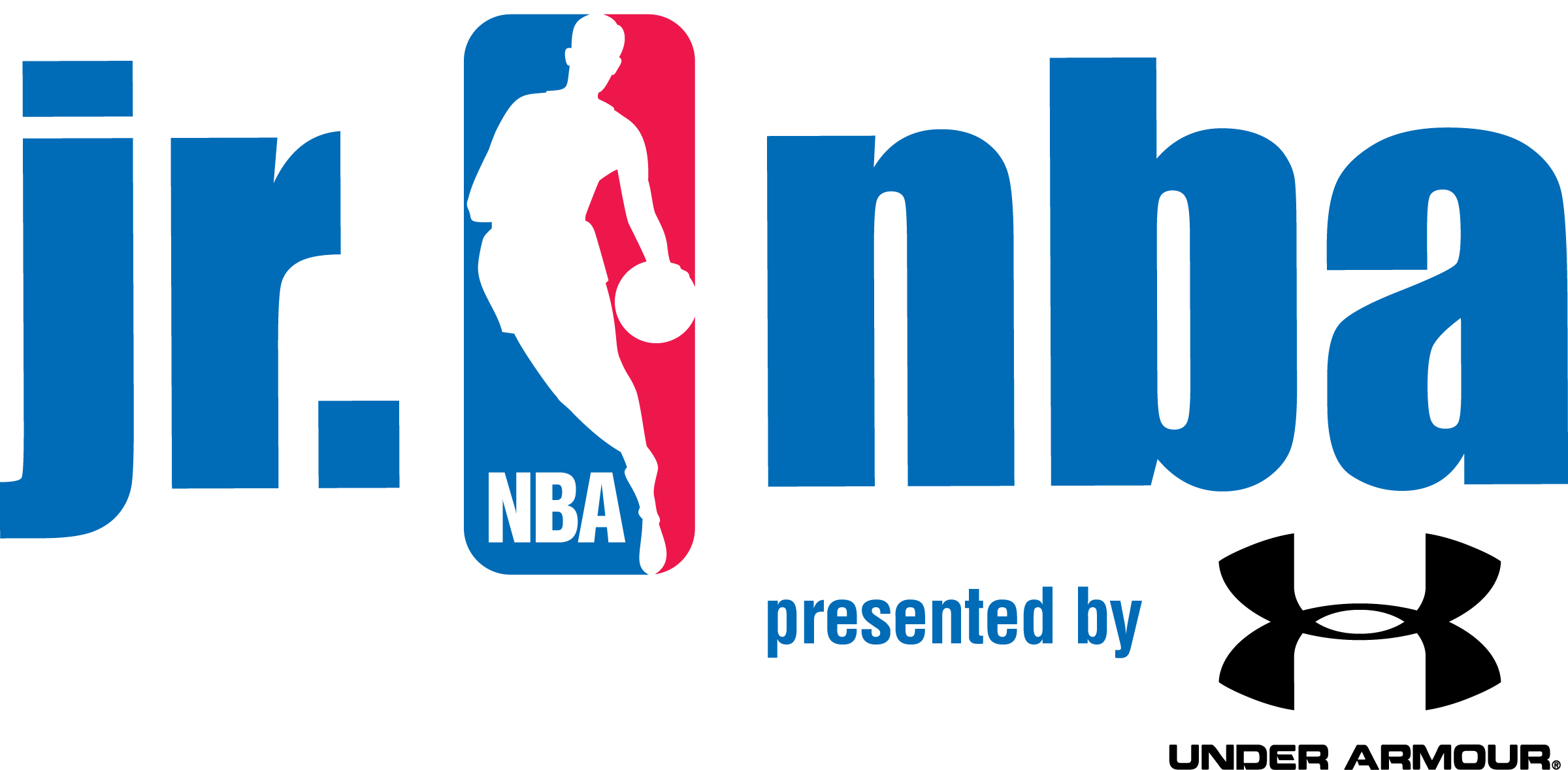
Basketball on the Edge – How Do We Motivate Kids? … And How Do We Not?
Your young player has a great opportunity to start for their middle school team next year. The coach told your son if he can improve his jump shot and get better going to his weak hand he’ll be a key member of next winter’s team. As his parent you’ve set out to help your son achieve that objective this summer, but as we roll into mid-July your son seems more interested in hanging at the pool with his friends or playing video games. You’ve tried to motivate him, but nothing seems to work. What makes the difference between a motivated athlete and one that is unmotivated? What motivators work and which ones don’t? Here’s a quick guide to motivating your young player.
What doesn’t work?
Motivating through fear.
Motivating a child through fear is easy and it can quickly motivate some kids, but over time, fear will breed resentment towards you. The young player who is motivated by fear is often trying to avoid losing playing time or avoid making a mistake. As we know, making mistakes at the edge of your comfort zone is the best way for learning and improvement to occur. Athletes who are “afraid” generally become focused on what not to do, rather than what to do. If you keep telling your son, ”You’d better start practicing your shooting or that starting spot is out the window!” you are motivating through fear. You may get him off the couch for a day or two, but fear is not the long term solution.
Constant Reminders.
Do you find yourself constantly saying things like this? “Why don’t you go out and shoot on the driveway?” or “Stop saying you’re bored, pick up your ball and work on your dribbling.” You might think you are just reminding your child, but they are sick of hearing it. You may think you are motivating and maybe your young player will actually follow your advice once in a while to keep you happy, but there is no way they will ever practice enough to be good if they only time they do is when you “remind” them they should practice.
Using Incentives.
Incentives can be effective in the short-term. Extrinsic motivators like trophies, awards, prizes, or money may work for a short time before the level of incentives needs to be increased to create the same level of motivation. If you offer your young player $1 for every hour they put in practicing I can almost guarantee it won’t work for more than a week or two and they’ll be back to their old ways. Along the same line, if the reason your young player plays basketball is to get a trophy, they won’t be playing for much longer.
Comparing your young player to other kids.
“Every time I drive by Julie’s house she is outside shooting on her driveway. Why don’t you do that?” “Tony works harder on defense than you. You just need to give more effort!” If you are saying things like this to your young player you’re guilty of using comparison to motivate your child. We’ve all done it, maybe not even with the intention to motivate, but just to point out something good about another player for our child to emulate. But trust me, kids don’t like comparisons and they are not motivated by them. Comparisons make young players tune out what might be a valuable message embedded in a comparison.
What does work?
Developing a sense of purpose.
Creating a sense of purpose is about changing the way young players think about their reasons for playing and competing. Having frequent conversations with your child about why they play and what they find rewarding about participating in sports is a great way to develop that sense of purpose. Providing purpose is about creating an environment that is conducive to personal growth, doesn’t frown on mistakes, and encourages athletes to motivate themselves. Developing purpose takes more time and energy from parents but it can lead to the long-term motivation that makes players successful.
Looking for one of these motives in your young player.
Challenge, recognition, appreciation, and quality – Some young players will be motivated by a challenge (guarding the other team’s best player), some by recognition (pointing out what a great play they made at a critical point in the game), some by appreciation (giving them a hug and tell them you love how hard they practiced today), and some by quality of performance (recognizing specific plays, quarters, or games when your child played really well.)
Giving your young player a reason to want to work hard.
Develop a genuine, honest, caring, and loving relationship with your child that is not based on their achievement out on the court. No matter what, tell them “I love watching you play (or practice).” Kids will work harder (and longer) for a parent (or a coach) they know genuinely believes in them, cares about them as a person not just a player, and is committed to helping them achieve their potential. Motivation is based on the quality of the parent-child or coach-child relationship
Being a role model.
Make sure your young player sees you working hard. Maybe at your job, maybe with your family, maybe working with them on their game. Kids may not always say it, but they see it. If you want your young player to work hard, you better be working hard. If you want them to put in extra time, you better be putting in extra time. Give your child lots of opportunities to see you working hard on your craft or expanding your horizons. Kids do what they see.
Model being a life -long learner. Coach Kevin Eastman says “Big eyes, Big ears, Small mouth.”
Praising effort.
The more young players attribute their success to hard work and effort the more successful they will become. They won’t be satisfied with their current skill level, they won’t be afraid to try new skills, and they will develop the grit that is necessary for long-term success in the game.
Not basing all of your child’s self-worth on the game.
Raise a well-balanced kid that plays multiple sports, participates in other activities like music or art, and does well in school. Your child will be more motivated and less likely to burn out at a young age if they are well-rounded when they are young.
Providing plenty of opportunities to improve.
Offer to rebound for your young player or take them to the gym to get up some shots. Sign them up for a camp or a league. Have your young player attend a skills training session or work with a quality basketball trainer. Don’t nag, just provide opportunities for them to take advantage of if they want.
Motivation can be tricky and there is a fine line to walk between being soft on your child and pushing them too hard. Use these motivational tips to strike the right balance and help your young player get and stay motivated for the long-term.
Leave us a comment about this post headstartbasketball@usa.net


